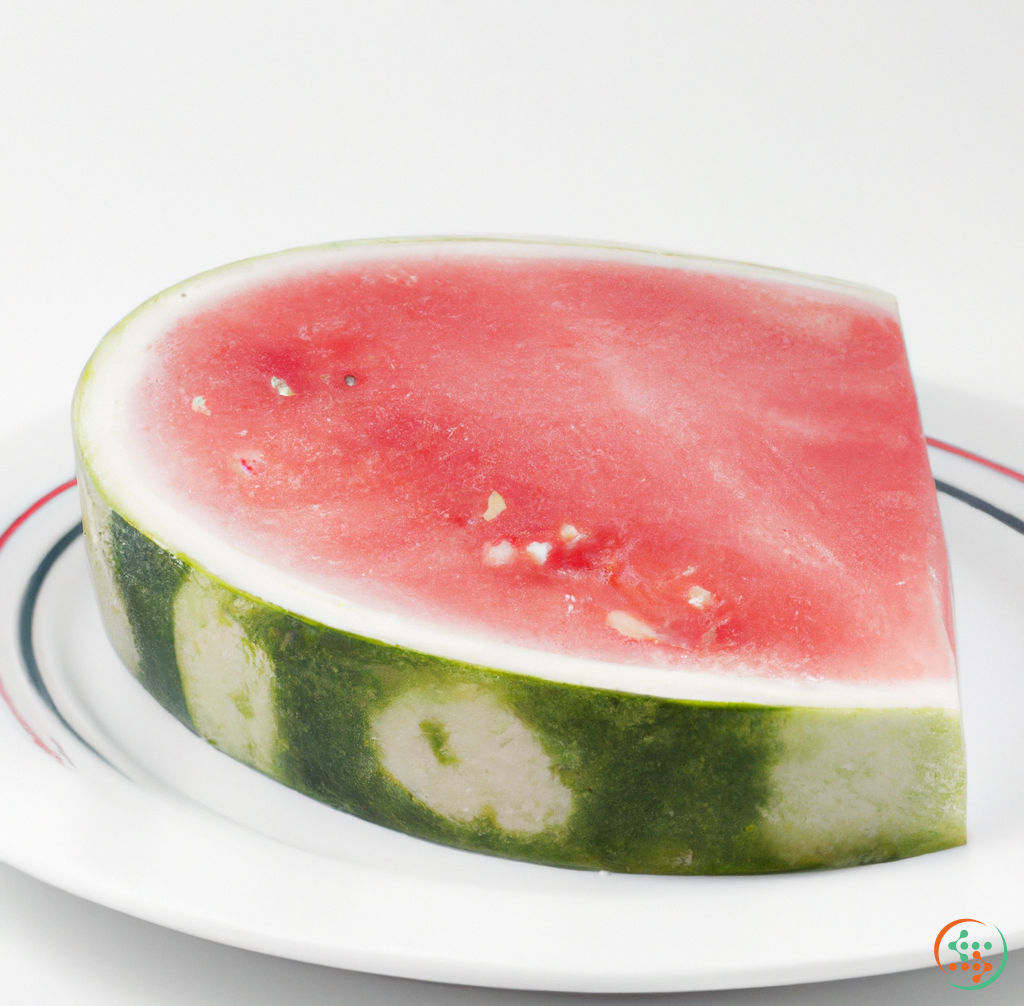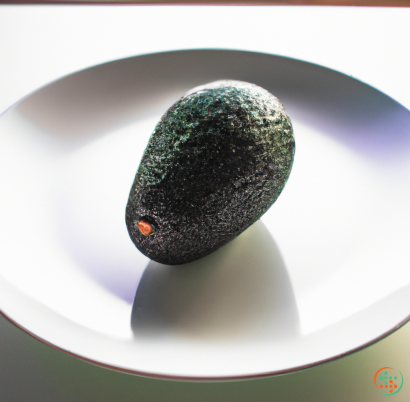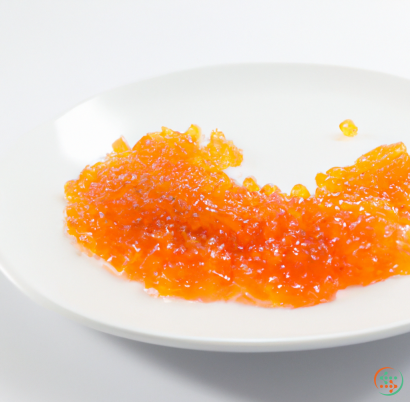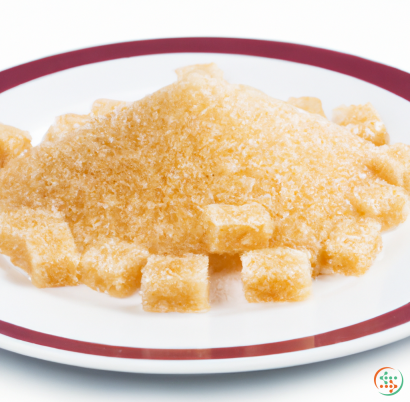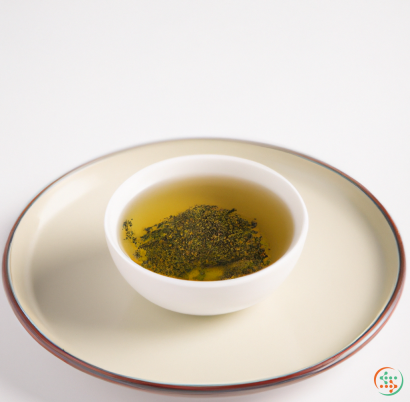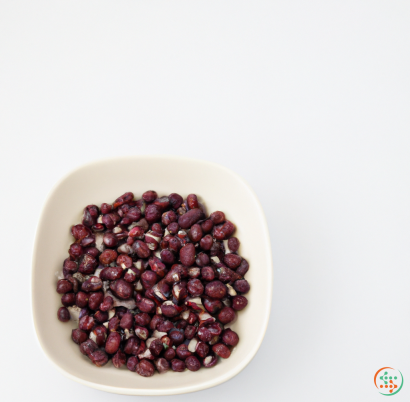Watermelon
Watermelons are native to tropical regions in Africa and are one of the most popular fruits around the world. The juicy flesh of watermelons is enjoyed by many different cultures and the high water content makes it a great snack for hot summer days.
What is a Watermelon?
A watermelon is a large, round or oblong-shaped fruit with a hard green rind that is filled with juicy red, orange or yellow flesh. The fruit can range in size from as small as a grapefruit to as large as a beach ball and can weigh up to 40 lbs. Watermelons are the fruit of a plant called Cucurbitaceae, which is the same family of plants that produces cucumbers, squash, and pumpkins.
The inside of the watermelon is filled with hundreds of thousands of plump and juicy seeds, as well as a pinkish-red or yellow flesh. The flesh of the watermelon is mostly composed of water, which is why it’s so refreshing on hot summer days.
Nutrients in a Watermelon
Watermelons are a great source of essential nutrients and vitamins, including vitamins A, C, and B6, potassium, magnesium, and lycopene. lycopene is an antioxidant found in red and pink fruits and vegetables, and is thought to help reduce the risk of certain cancers and heart disease. Watermelons are also low in calories and are a great source of fiber, making them a healthy snack that’s perfect for a summer day.
Health Benefits of Watermelons
Watermelons are packed with antioxidants, which can help protect your body from free radicals and oxidative stress. Research has also suggested that watermelons may help reduce inflammation, which may help reduce symptoms of arthritis and other diseases. Additionally, watermelons are high in lycopene, which may help prevent cancer.
Watermelons are also high in citrulline, which is an amino acid that helps the body produce a substance called arginine. Arginine helps the body to make nitric oxide, which helps with blood flow and can help to lower blood pressure. Finally, watermelons are also filled with potassium, which is important for muscle and nerve function, fluid balance, and digestion, and magnesium, which is important for energy production metabolism and strong bones.
How to Enjoy Watermelon
There are many different ways to enjoy the delicious, juicy fruit. One of the most classic and simplest ways is to enjoy it chilled right out of the fridge and with a sprinkle of salt. Another way to enjoy a watermelon is to cut it into wedges and serve it as a side to grilled meats or even as an appetizer. You can also puree it and make a watermelon juice or smoothie, use it to make a refreshing sorbet or popsicles, or even dry it out to create flavorful chips.
Conclusion
Watermelons are an incredibly versatile fruit and can be enjoyed in a variety of ways. The sweet, juicy flesh is not only delicious but it is also packed with essential vitamins and minerals that can keep your body healthy and hydrated. Whether you slice it up for the perfect summer snack, puree it for a refreshing beverage, or dry it for watermelon chips, there are plenty of ways to enjoy this delicious fruit!
Introduction
Watermelon is one of the most beloved fruits around and the thing that makes it so special is how it goes from a tiny seed to arriving on your dinner plate. It's an incredible journey full of intertwined components which allow for this delicious fruit to reach its destination. Here, we're going to look at the scientific process behind how a watermelon is created and travels from farm to plate.
Seeds
At the heart of every watermelon are the hundreds of little seeds that were planted in the ground to start the cycle. Watermelon seeds are wonderfully hardy, each containing its own genome that contains all the genetic instructions needed to create a watermelon. Pre-planting treatment is often used to ensure that the environment is favorable for the seeds. For example, a soak in a mild solution of hydrogen peroxide can help reduce contamination with disease and ensure that the seeds have the necessary moisture to start their life.
Germination
It doesn't take long for the seeds to germinate and sprout into what are known as seedlings. These quickly grow into thorny vines that can stretch several feet in length and branch out in search of nutrition. Watermelons are a type of plant known as a vine crop and the seedlings use their spiny vines to latch onto and climb existing structures to maximize their exposure to sunlight and other resources.
Photosynthesis
As with any plant, the primary source of nutrition for the watermelon's vines and eventual fruit is light from the sun, which is converted into energy via a process called photosynthesis. This energy is created through a careful balance of chlorophyll, carbon dioxide and water, which interact to create the building blocks of glucose and other molecules which fuel the growth of the plant.
Root System
The root system of a watermelon is responsible for taking in essential nutrients from the soil to feed the growing fruit. The roots are incredibly intricate, branching out in all directions to search for water and nutrients such as nitrogen, phosphorus and potassium, among others.
Fruit Development
Once the roots have taken in enough nutrients, the plant can begin to bear fruit. The most recognizable stage of the watermelon is when it starts to appear as the large, round melons found in most grocery stores. Depending on the variety, these melons can range in size from small enough to fit in the palm of your hand to huge varieties that can weigh upwards of 100 pounds.
Harvesting
When the watermelon is ready to be harvested, it must be handled delicately to avoid damage that can shorten its shelf life or make it unsellable. As the vines stretch out horizontally, they are kept in check with stake ties that are wrapped gently around the stems to keep them in place. When it comes time to pick the fruit, workers use a pair of pruners to carefully snip off the watermelon without damaging the vine or the other fruits growing nearby.
Transport
Once the watermelon has been picked and placed in a crate, it's ready to embark on its journey to the dinner plate. Watermelons are generally transported by truck as they can withstand the conditions of the open road. They may be stored briefly in refrigerated containers if the truck is particularly hot, but the cold air can damage their skins and make them susceptible to rot.
Retail
When the watermelon reaches its destination, it's unloaded from the truck and stored in a cool, dark space, where it will sit until it appears on the shelves of a grocery store or market. To store properly, watermelons should be kept at temperatures of 50–60°F (10–13°C), and with a humidity level no higher than 90%.
Consumption
Finally, after all these steps, the watermelon reaches its final destination, the dinner plate. Watermelons can be prepared and consumed in a variety of different ways, such as juiced, diced, or sliced and served fresh. Or, they can be dried, pickled or even fermented—the possibilities are endless!
Conclusion
From the moment a seed is planted all the way to when it is enjoyed, the journey of a watermelon demonstrates why it is one of the world's beloved fruits. With multiple phases including germination, photosynthesis, root development, harvesting and even transportation, the process behind creating a delicious new watermelon each day is an incredible feat that transitions this summer favorite from a farm to a plate.
| Vitamin A | 0.028 mg | |
| Beta-Carotene | 0.303 mg | |
| Vitamin E | 0.05 mg | |
| Vitamin K | 0.1 ug | |
| Vitamin C | 0.0081 grams | |
| Vitamin B1 | 0.03 mg | |
| Vitamin B2 | 0.02 mg | |
| Vitamin B3 | 0.18 mg | |
| Vitamin B4 | 0.0041 grams | |
| Vitamin B5 | 0.22 mg | |
| Vitamin B6 | 0.05 mg | |
| Vitamin B9 | 0.003 mg |
| Calcium | 0.007 grams |
Daily Value 1.3 g
|
| Iron | 0.24 mg |
Daily Value 0.018 g
|
| Magnesium | 0.01 grams |
Daily Value 0.4 g
|
| Phosphorus | 0.011 grams |
Daily Value 1.25 g
|
| Potassium | 0.112 grams |
Daily Value 4.7 g
|
| Sodium | 0.001 grams |
Daily Value 2.3 g
|
| Zinc | 0.1 mg |
Daily Value 0.011 g
|
| Copper | 0.04 mg |
Daily Value 0.9 mg
|
| Manganese | 0.04 mg |
Daily Value 0.0023 g
|
| Selenium | 0.4 ug |
Daily Value 0.055 mg
|
| Fluoride | 0.0015 mg |
Daily Value 0.004 mg
|
| Tryptophan | 0.007 grams | |
| Threonine | 0.027 grams | |
| Isoleucine | 0.019 grams | |
| Leucine | 0.018 grams | |
| Lysine | 0.062 grams | |
| Methionine | 0.006 grams | |
| Cystine | 0.002 grams | |
| Phenylalanine | 0.015 grams | |
| Tyrosine | 0.012 grams | |
| Valine | 0.016 grams | |
| Arginine | 0.059 grams | |
| Histidine | 0.006 grams | |
| Alanine | 0.017 grams | |
| Aspartic Acid | 0.039 grams | |
| Glutamic Acid | 0.063 grams | |
| Glycine | 0.01 grams | |
| Proline | 0.024 grams | |
| Serine | 0.016 grams |
| Glucose | 1.58 grams |
|
| Fructose | 3.36 grams |
|
| Sucrose | 1.21 grams |
|
| Maltose | 0.06 grams |
|
| Total Sugars | 6.2 grams |
per 100g
|
| Palmitic acid (16:0) | 0.01 grams |
|
| Stearic acid (18:0) | 0.01 grams |
|
| Total Saturated fatty acids: | 0.02 g | |
| Oleic acid (18:1) | 0.04 grams |
|
| Total Monounsaturated fatty acids: | 0.04 g | |
| Linoleic acid (18:2) | 0.05 grams |
|
| Total Polyunsaturated fatty acids: | 0.05 g | |
